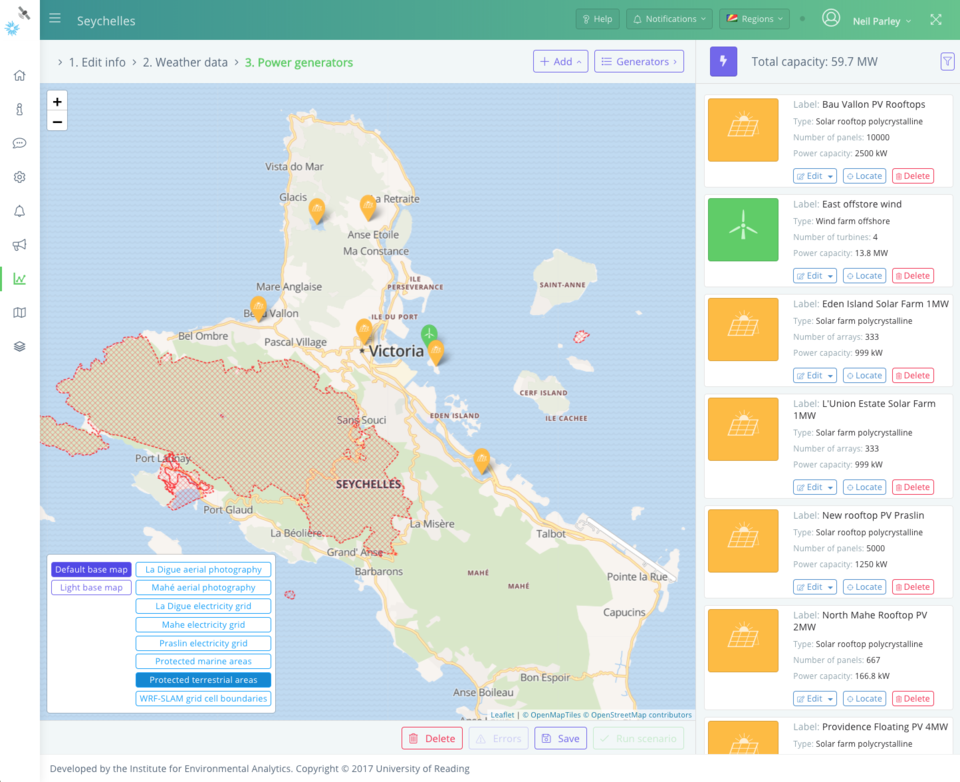UK Space Agency projects added to ESA's SDG portal
The UK Space Agency has become the first external contributor to ESA’s catalogue of projects that support the United Nations’ Sustainable Development Goals (SDGs). The 43 UK Space Agency projects join over 700 examples of how ESA itself is applying space technology, data and systems to build a better and more sustainable future for all.
It may come as a surprise just how much a space agency can contribute to reducing poverty and inequality, improving health and education, and spurring economic growth and world peace, all whilst combatting climate change and contributing to clean, affordable energy. Whilst progress has been made since the SDGs were set in 2015, there is still much to do if we are to achieve them by 2030. Both ESA and the UK Space Agency are working hard to play their part.
What's new in the SDG portal?

The newly added projects were launched within the framework of the UK Space Agency’s International Partnership Programme (IPP). This multi-year, 150-million-pound programme grant-funds development of space-based solutions to tackle global challenges in partnership with developing countries.
“The projects span a wide range of pressing issues,” explains ESA’s Maria-Gabriella Sarah, who oversees the SDG portal. “These range from improving the livelihoods of agricultural workers and forecasting disease outbreaks, to supporting disaster risk management and providing internet access to rural schools in developing countries.”

One project has developed the Renewable Energy Space Analytics Tool (RE-SAT), which provides advanced data analytics to help energy planners and investors locate renewable energy generators. This enables them to optimise the amount of renewable energy generated, minimise their environmental impact and maximise the return on investment.
Meanwhile, the OASIS/MSIS-TU project’s exactTrax platform is improving maritime safety by equipping small vessels with simple-to-deploy transponders, enabling them to be tracked in real-time using satellites. In many countries, small boats are used extensively for fishing and other purposes, but they are often unsafe and can be involved in illegal activities such as smuggling of people, weapons and drugs. As well as monitoring activity, exactTrax helps them avoid collisions with bigger vessels.
Highlighting societal projects

The inclusion of the UK Space Agency projects is not the only recent update to ESA's SDG portal. To better underscore how space technologies and applications mitigate global societal challenges, selected ESA-backed projects are now presented in a carousel on the home page of the catalogue.
Addressing issues such as water scarcity, energy supply, health and migration, these draw attention to challenges faced by all of humanity.
Want to get involved?
We encourage the whole space community, and ESA Member States in particular, to join our efforts to demonstrate how space can support the SDGs. If you have questions or suggestions, or would like to contribute to our catalogue of projects, please contact Simona Richard (simona.richard@esa.int) and Maria-Gabriella Sarah (maria-gabriella.sarah@esa.int).







